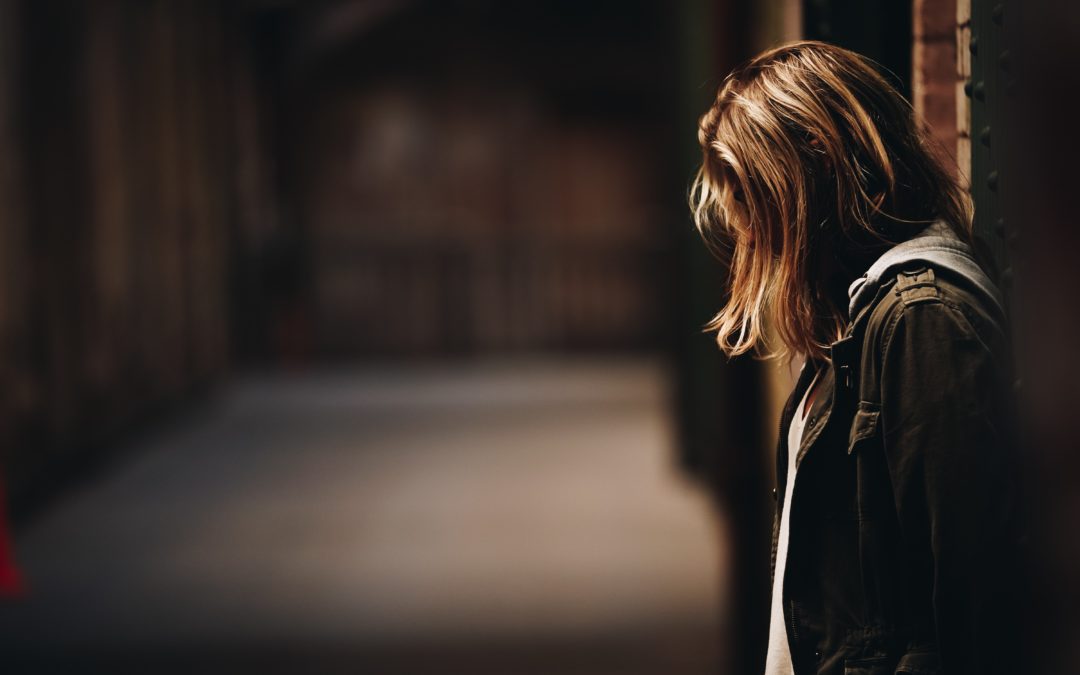Author: Melinda Goedeke
I had a beautiful daughter who amazed the world with her laughter, intelligence, spunk and adventure. And she was a liar. She lied to her family, she lied to her friends, she lied to her employers and most painfully, she lied to me. She suffered from severe bipolar disorder which put her life on the fast track dodging poisoned dart truth arrows and seeking respite from herself with little to no success. As parents, her lies troubled us; as Mom and her best friend, they devastated me, especially when she spoke her truth vehemently and passionately as if I were the target of all her pain; I wasn’t. She was her own target, but I was a safer one because I was able to take the hits, at least on the outside. And that is what she needed.
Children learn to lie from the people around them, including (and often especially) their parents. Despite our own actions, we expect honesty and a willingness to believe that speaking the truth is always better. We laugh at the absurdity of children’s lies as the truth is so poorly hidden; yet in the child’s mind, the lie is brilliant and necessary. It is in fact self-preservation, and as the child matures, the lies do too. They are better crafted, yet still they center on self-preservation, saving face and/or dodging consequences. But for some who suffer from bipolar disorder, the lies also come from a place of hope. Hope that the lies will miraculously morph into truths. Laura needed her lies to be reality because her truth was much too devastating to experience. At one point, Laura lost her job as a biomedical engineer where she was very successful. The termination was based solely on her lack of attendance which was based solely on her bipolar lows causing her to sleep for days on end. She could not accept that truth, so she crafted a different reality in which her own mental illness wasn’t involved and the termination was based on unfairness by the employer. She needed to believe in her false truth; I needed her to feel her mom on her side. It was a game we both knew we were silently playing.
It hurts when I think about all the times I believed Laura was absolutely truthful. We shared everything, and I celebrated our closeness; I still do. Over time, I have come to understand the reasons for her lies, at least some of them. She desperately wanted the life that she knew (on her good days) she could have. She took her meds, regularly saw doctors and counselors and even admitted herself to psych wards seeking help and safety. She craved a different life, but bipolar held her hostage. Her only escape was through original stories she told to an audience who loved her unconditionally. She wasn’t lying to me; she was lying to herself in order to survive another day. The lies became so much a part of her that even she lost sense of reality. On the darkest of days, when reality slapped her in the face, she self-medicated, putting a new lie into motion.
What saddens me the most is that the real truth of Laura is one she couldn’t see because of her bipolar disorder. I, however, could see it clearly and kept it alive and in front of her every chance I could. I showed her how this tough world was better because of her. How people in her life benefitted from being with her or just around her. She really did make the world a better place, just not for her. And though her lies still whiz around my brain like daggers, I miss all of her worlds overlapping mine. Sometimes we need to sing and dance in our own realities, made up or real. And it’s even better when someone will dance along with you holding you close letting your stories be true for just a moment.
The content of the International Bipolar Foundation blogs is for informational purposes only. The content is not intended to be a substitute for professional medical advice, diagnosis, or treatment. Always seek the advice of your physician and never disregard professional medical advice because of something you have read in any IBPF content.


